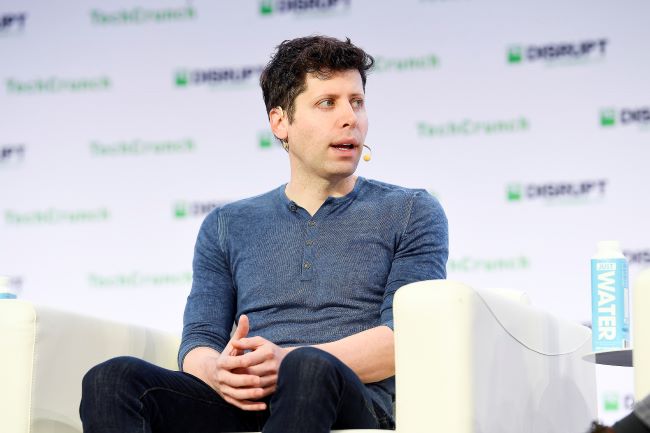Sam Altman is returning to OpenAI as CEO less than a week after his sudden firing left the artificial intelligence industry unsure of how the company that runs ChatGPT would move forward.
With his return, Altman is ushering changes to the OpenAI board of directors, which includes a new leader, Bret Taylor, who was previously co-CEO of Salesforce Inc., and director at Twitter prior to its acquisition by Elon Musk, according to Bloomberg.
Other members of the restructured board currently include Larry Summers and Adam D’Angelo, the latter of whom was a previous member that decided to stay. Someone close to the matter told the publication that negotiations for the board are still underway and the goal is to select nine new directors, which might include Altman once reworking is finalized. Microsoft, OpenAI’s largest investor will also likely have a member among the company’s board in the end.
Altman’s rehiring culminates several days of tension between several companies, executives, and employees. Several former staff that also stepped down amid shuffle expressed their support for the CEO’s return, including former president Greg Brockman and Chief Technology Officer Mira Murati, who also stated their intent to return to the company.
As news unfolded, Altman’s initial firing shocked the AI industry Friday afternoon with the dismissal being sited due to inconsistent communication between him and the board. In detail, Bloomberg noted Altman and the OpenAI board disagreed on how fast the company should develop and monetize its AI solutions and insisting he and other key board members step down from their positions. Greg Brockman exited his role as president at the same time.
Partnering companies had little notice of the leadership change; however, by Sunday, Microsoft CEO, Satya Nadella announced that Altman and Brockman would be joining the company, leading an AI research team.
Meanwhile, Altman’s firing left the board scrambling for an interim CEO. Mira Murati was named initially, but was quickly succeeded by former Twitch CEO Emmett Shear by Monday.
Amid the ruckus there were hints that Altman was looking to return to his role as CEO of OpenAI, under the provision the board members that had him removed stepped down.
The swift turnaround was urged by distaste from OpenAI investors and by a solid majority of OpenAI’s 770-member staff signing a letter to the board of directors stating intent to leave their roles of Altman was not reinstated. Various analysis noted that members could easily gain employment at Microsoft as Altman did or at other major firms developing AI solutions.
As this internal business struggle ensued, OpenAI’s paid offering ChatGPT Plus has been closed to potential customers since November 14 and there is no word on how the shakeup will affect consumers in the long run. Currently potential consumers can only sign up for a waitlist to learn when ChatGPT Plus is available once more.
Once a non-profit organization, OpenAI really stepped into the spotlight when a $10 billion endowment from Microsoft allowed the company to propel itself into the forefront of artificial intelligence. Bloomberg noted Altman was delving into several other ambitious investment opportunities at the time of his firing. It remains to be seen how his return will affect those business moves going forward.
The ordeal is already being compared to notorious tech returns including those of Apple co-founder Steve Jobs and Twitter co-founder Dorsey, who similarly where fired from leading positions only to return to their companies some time later. However, neither leader had quite as swift a turnaround as Altman.

